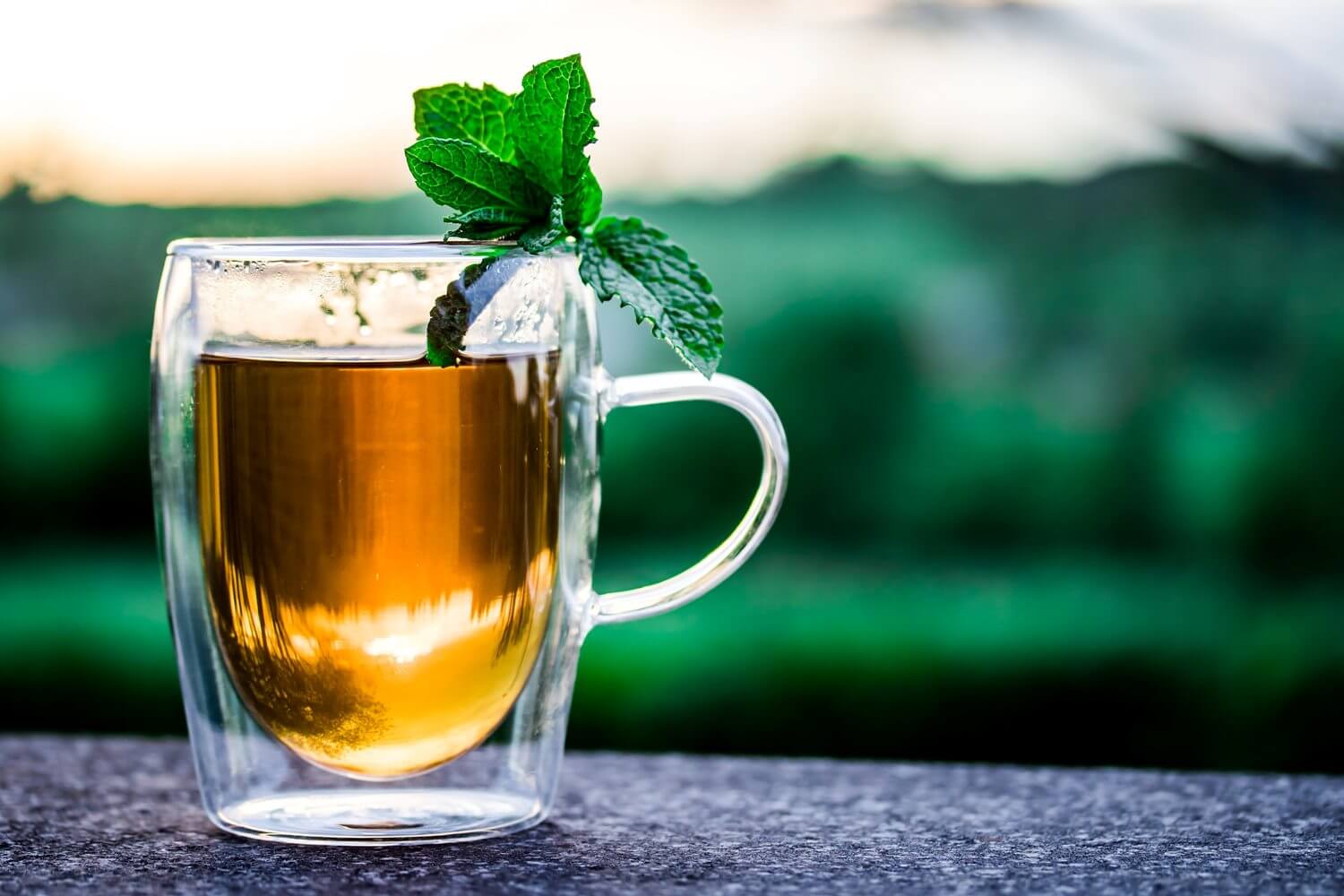Health benefits of Green Tea
Tea is the second most consumed beverage in the world after water. Based on manufacturing process, teas can be classified as:
- ‘Non-fermented’ green tea (produced by drying and steaming the fresh leaves)
- ‘Semi-fermented’ oolong tea (produced by subjecting the fresh leaves to a partial fermentation stage before drying)
- ‘Fermented’ black and red teas (which undergo a post-harvest fermentation stage before drying and steaming)
In comparison to other teas, such as Oolong or Black, Green tea contains more catechins. Catechins are the strong antioxidants that offer great prevention against cells degeneration and certain diseases. In addition, certain minerals and vitamins present in it increase its antioxidant potential. Since ancient times, green tea is recognized as a healthful beverage in the traditional Chinese medicines because of its great therapeutic effects. Although the proportion of caffeine presence in Green Tea is very less when compared with other beverages such as Coffee, cocoa, Black or Oolong Tea; but in more than moderate amounts, it may bring ill effects to your health.
The evidences from the recent human studies suggest that green tea may aid in reducing the risk against cardiovascular disease and some forms of cancer. Besides, the other benefits, such as the promotion of oral health, body weight control, antibacterial and antivirasic activity, solar ultraviolet protection, bone mineral density increase etc. has also been reported. Increasing interest in its health benefits has led to the inclusion of green tea in the group of beverages with functional properties.
Most of the Health benefits that this tea offers are mainly attributed to the presence of catechin polyphenols, especially epigallocatechin gallate (EGCG). These strong anti-oxidants not only inhibit the growth of cancer cells, but also kill them without harming the healthy tissues. All the teas come from the the leaves of the Camellia sinensis, then what makes the difference? It is only the processing method. Green tea is produced by drying and steaming the Non-fermented leaves, which prevents the EGCG compound from being oxidized. Whereas in other teas fermentation of leaves (either partial or full) is carried out prior to drying that results in conversion of EGCG compound to some other compounds, thus impairing their properties.




Share the Post